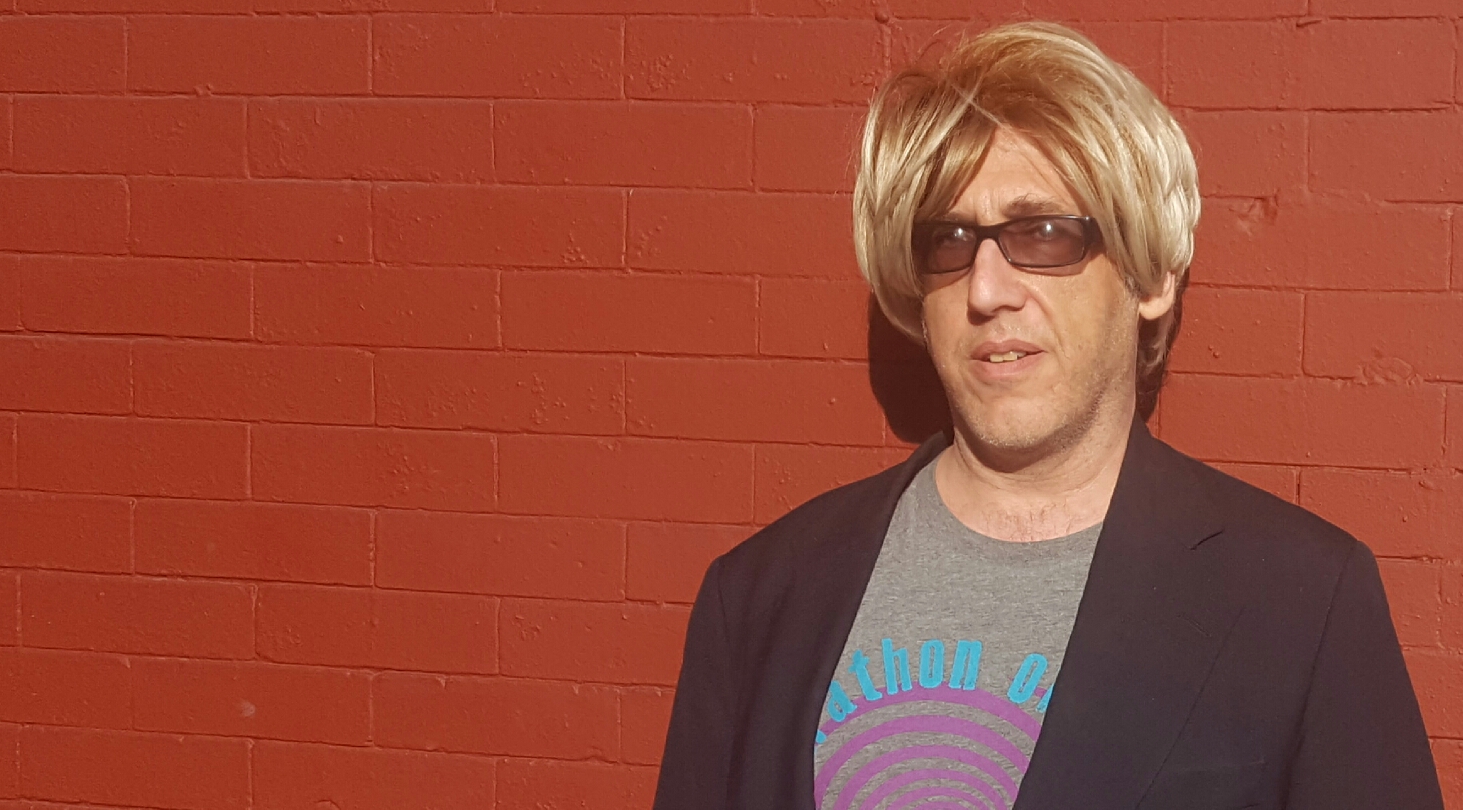“The storytelling impulse comes to us with the natural vitality of a life force”
In our upcoming issue of the Panel magazine, we will feature the short stories that won the 2021 Ruritania prize. Like a year ago, we're honored to publish not only the pieces, but also Q&A with the winners of our contest.
The full interviews with Andrew Singer, Eleanor Updegraff and Paul Harrison will feature the magazine.
But for now – enjoy some bits of it in our blog.
Andrew Singer, 1st place winner, “Split”
Andrew Singer is a poet, literary editor and translator, teacher and visual artist. He is director and editor-in-chief of Trafika Europe – showcasing new fiction and poetry in English and English translation from across Europe.
 Q: As you might know, the judges were reading the submissions in the “blind” and until the last moment they didn't know that you are you. We are genuinely curious - why did you even decide to submit to our contest?
Q: As you might know, the judges were reading the submissions in the “blind” and until the last moment they didn't know that you are you. We are genuinely curious - why did you even decide to submit to our contest?
A: Having lived in Hungary for 22 years and got to know some of the region, I felt like my literary self had a thing or two to say – for which your contest with publication seemed like just an ideal way to help mark and share this experience.
Q: When you are a multitasker – in your case, it's editing, lecturing, directing the project – it must not be easy to make time for your own writing. How do you manage?
A: There is a possible imbalance when one turns from a more predominantly creative mode to becoming, in my case, a literary “administrator”. While I have continued always to reserve drawing as a hobby, for a time I did feel my more creative literary side may have suffered from this shift in focus. One frustrating sign of this would come when meeting new writers who only saw me as an “administrator”, rather than as a fellow author! So, I’ve made a more concerted effort in the recent few years to catch up on this. I’ve stepped back from academic teaching in this time – and this seems to have helped in this process of rebalancing the artistic side, at least for now – more personally meaningful and whole again.
Q: You write both fiction and poetry. Could you describe – in a few words – the difference, if any, in the creative process, when you write fiction and poetry?
A: If I had to choose one word for myself it would surely be “poet”, both by training and aesthetic inclination. I care intensely and passionately about poetry – to such an extent that fiction often seems like a distant loose stream to me – although of course I am always dealing with fiction seriously, as a reviewer and interviewer, editor and publisher.
As a fiction writer, I tend more to set myself specific, doable goals and write things with that specification in mind. Whereas, as a poet, I’ve reached the point where, on one level, drafting poetry is a steady, vital, constant stream – always on, and rarely goal-oriented or pre-constrained.
Q: You'd been living in Hungary and Czech Republic for years! And that you traveled all across the region. Could you please tell how your journeys started and why and when you moved back to the States, where you're originally from.
A: I’m originally from the New York area. Slowly from early adulthood I began to crave European travel and living increasingly. I’m fond of saying I didn’t even know what culture was, until I moved to Europe. I was living in the bookshop Shakespeare & Co. in Paris when I decided to hitchhike to Hungary, soon after the change in system there – on a whim, for adventure – which adventure I definitely found. It was at a time of immense welcome for things western and English-language. It was a startling form of life-promotion, and I found many things to do in Hungary over my decades there –working widely as a cultural journalist, a university instructor of literary translation and English poetry, a literary radio host, literary editor and translator, eventually hosting The Budapest Bardroom, working as a news editor, and so much more.
Q: How did your travels influence your writing?
A: Settling in another culture for a time, I came more to appreciate, for example, traditional storytelling diction, narrative, and form. Having lived outside my original US culture for decades, I have also come to realize how much of the advanced fictional techniques which I’ve loved and admired growing up – e.g. in postmodern US writers – may just not translate well into many other cultures and so fall short of being “universal” writing, as we are coming to understand this more widely now. For example, in Don Delillo’s White Noise, you just can’t communicate to someone in most other places how precisely devastating that TV and like language is, which runs through the book –it’s far too culturally specific to the US. So I have a clearer sense of basic storytelling elements nowadays, and why it matters.
Q: Why do people want to tell their stories?
A: Reasons for telling stories vary with the passage of life – from raw delight of expression, and achievement of the early ego, to bonding and the transmission of taught and found wisdom across generations and in family, through to functions a maturing writer may serve, examining aspects of life and community within the larger tribe. There can be issues of healing, justice, and rebalancing which come into play – storytelling makes its own path after awhile. Ultimately, the storytelling impulse is outside of us – it comes to us with the natural vitality of a life force, to this species of ours which lives itself in language.
To be continued...

Leave a Reply